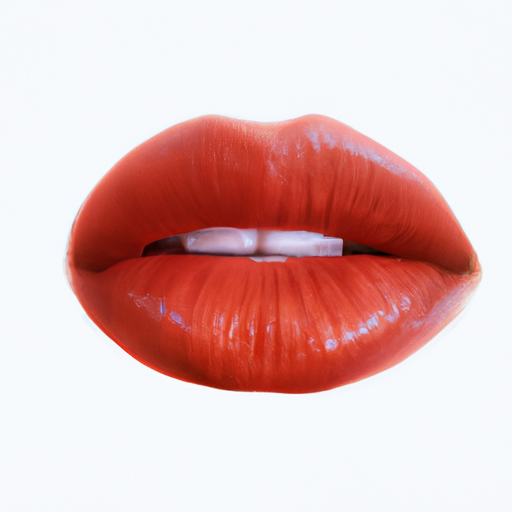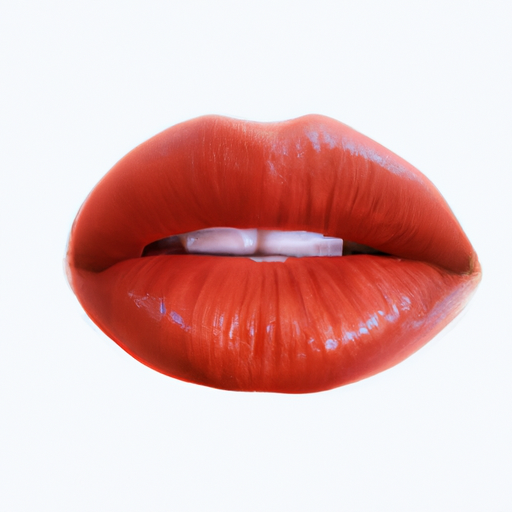As a dermatologist, I often encounter patients who are dealing with dry, chapped, and irritated lips. This is a common issue, especially during colder months when the air is dry. The root cause of this problem is a damaged lip moisture barrier. Your lips, like the rest of your skin, have a protective barrier that helps to retain moisture and keep them soft and supple. When this barrier is compromised, it can lead to dryness, peeling, and even painful cracks. In this article, I will provide a comprehensive guide on how to heal your lip moisture barrier and revive your pout.
The first step in healing your lip moisture barrier is understanding what might have caused the damage in the first place. Several factors can contribute to a compromised lip moisture barrier. These include environmental factors such as harsh weather conditions, over-exfoliation, and the use of drying lip products. Certain medications can also cause dryness and irritation.
Once you’ve identified potential causes, it’s time to start the healing process. Here are some steps you can take:
1. Hydrate: Drinking plenty of water is essential for overall skin health, including your lips. Dehydration can exacerbate dryness and make it harder for your lips to heal.
2. Use a gentle lip balm: Look for a lip balm that is free from irritating ingredients like fragrances and dyes. Ingredients like beeswax, shea butter, and ceramides can help to restore your lip moisture barrier.
3. Avoid licking your lips: While it might seem like a good idea in the moment, licking your lips can actually make them drier. Saliva evaporates quickly, leaving your lips even more dehydrated than before.
4. Protect your lips from the sun: Just like the rest of your skin, your lips need protection from harmful UV rays. Look for a lip balm with SPF and reapply it throughout the day.
5. Consider a lip mask: Lip masks can provide a deeper level of hydration and help to repair your lip moisture barrier. Look for masks with nourishing ingredients like hyaluronic acid and vitamin E.
6. Limit exfoliation: While exfoliating can help to remove dead skin cells and make your lips feel smoother, overdoing it can damage your lip moisture barrier. Stick to gentle exfoliation once or twice a week.
7. Consult a dermatologist: If your lips are severely dry or cracked, or if they’re not improving despite your efforts, it’s time to consult a professional. A dermatologist can provide personalized advice and treatment options.
In conclusion, maintaining a healthy lip moisture barrier is crucial for keeping your lips soft, supple, and free from discomfort. By understanding the causes of a damaged lip moisture barrier and taking steps to heal and protect it, you can revive your pout and keep it looking and feeling its best. Remember, consistency is key when it comes to skincare, so make these steps a part of your daily routine for the best results.




